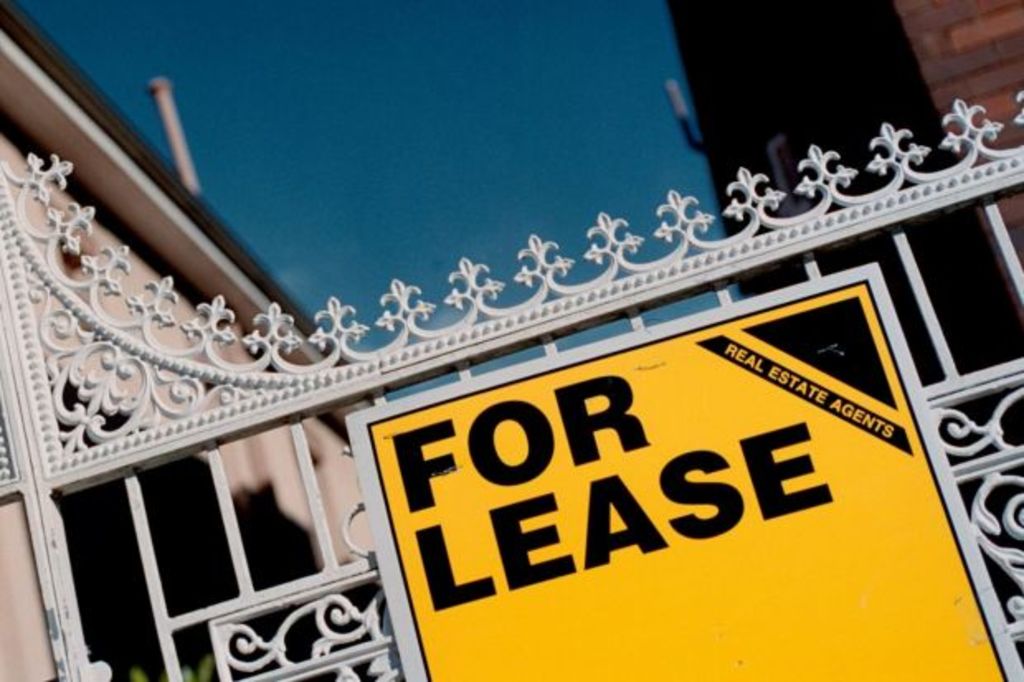Australian housing policy needs to shift away from investors to cater to renters, say experts

With home ownership on the decline, experts are calling for the housing system to be overhauled to cater to a growing proportion of renters.
Just over half of adults own their own home in NSW and Victoria and the trend is for this figure to dwindle over the next few years, new data from the Household, Income and Labour Dynamics in Australia survey shows. This would leave the majority of adults either living with friends and family or, more likely, renting.
The key obstacle preventing meaningful policy change for our burgeoning rental class is Australia’s home ownership culture, University of NSW City Futures Research Centre director Bill Randolph said.
Rentals are predominantly owned by “mum and dad” investors who usually have a portfolio of just one or two investment properties.
To make it viable for Australia to comfortably house a population where renting is the norm, this culture needs to be changed, Dr Randolph said.
Instead of encouraging investors to buy one or two homes, the government should be “encouraging institutional investors”, such as funds managers to get into the market. These larger investors would keep large numbers of rental properties in their portfolio for 20 to 30 years and hire professionals to handle timely repairs and maintenance over the long-term, he said.
“Government guarantees and some tweaking of the tax system would [make it more attractive] to these investors.
“We need a full reform of how the supply comes onto the market, who owns it and who manages it.”
This isn’t a new concept. Overseas, institutional investors frequently build or buy entire apartment blocks and rent them out to long-term tenants in their portfolios.

Under existing tenancy laws, even obtaining a long-term lease can be a struggle.
These laws are under review in NSW and Victoria, but they’ll do little to protect the growing population of renters, Tenants Union of NSW senior policy officer Ned Cutcher said.
“The government intends not to change the current law that allows landlords to end tenancies without a reason,” Mr Cutcher said.
“The report also doesn’t recommend any changes to the way rent increases happen … at the moment there’s no limit to the changes or frequency,” he said.
His recommendation is that rent increases above inflation should require the landlord to demonstrate why this is reasonable.
And as the demographics who rent change “our way of thinking needs to change”, he said.
“Retirement is a looming conversation we need to have but no one wants to have … [there’s] the assumption you’ll own a home by the time you retire.”
When it comes to retiring outside of home ownership, it’s not just rental laws that lag behind but superannuation plans as well. The Association of Superannuation Funds Australia’s retirement estimates include the footnote that there is the assumption of home ownership.
In many countries, renting forever is the norm for the majority of people, Tenants Union of Victoria policy offer Yaelle Caspi said.
“But they also have laws that support them, including long-term tenancies and tenant protections,” Ms Caspi said.
“If Australia is becoming a nation of renters, and it seems it is based on current trends, renting needs to be a much more secure option,” she said.
This could include looking at favourable tax treatments given to investors, such as the Capital Gains Tax discount provided after 12 months of property ownership.
If policies don’t change, she said retirees would continue to face a private rental market that was “not an appropriate place for retirees to be living in”.
The only other option for renters if the system isn’t changed is becoming a landlord themselves, wHeregroup buyer’s agent and mortgage broker Todd Hunter said.
“Financial planners have come up with the strategy that you need to own your home [in retirement],” Mr Hunter said.
“In other countries around the world, owning a home isn’t a priority,” he said.
“But it does provide the advantage of having minimal [housing] costs in retirement.”
We recommend
We thought you might like
States
Capital Cities
Capital Cities - Rentals
Popular Areas
Allhomes
More







